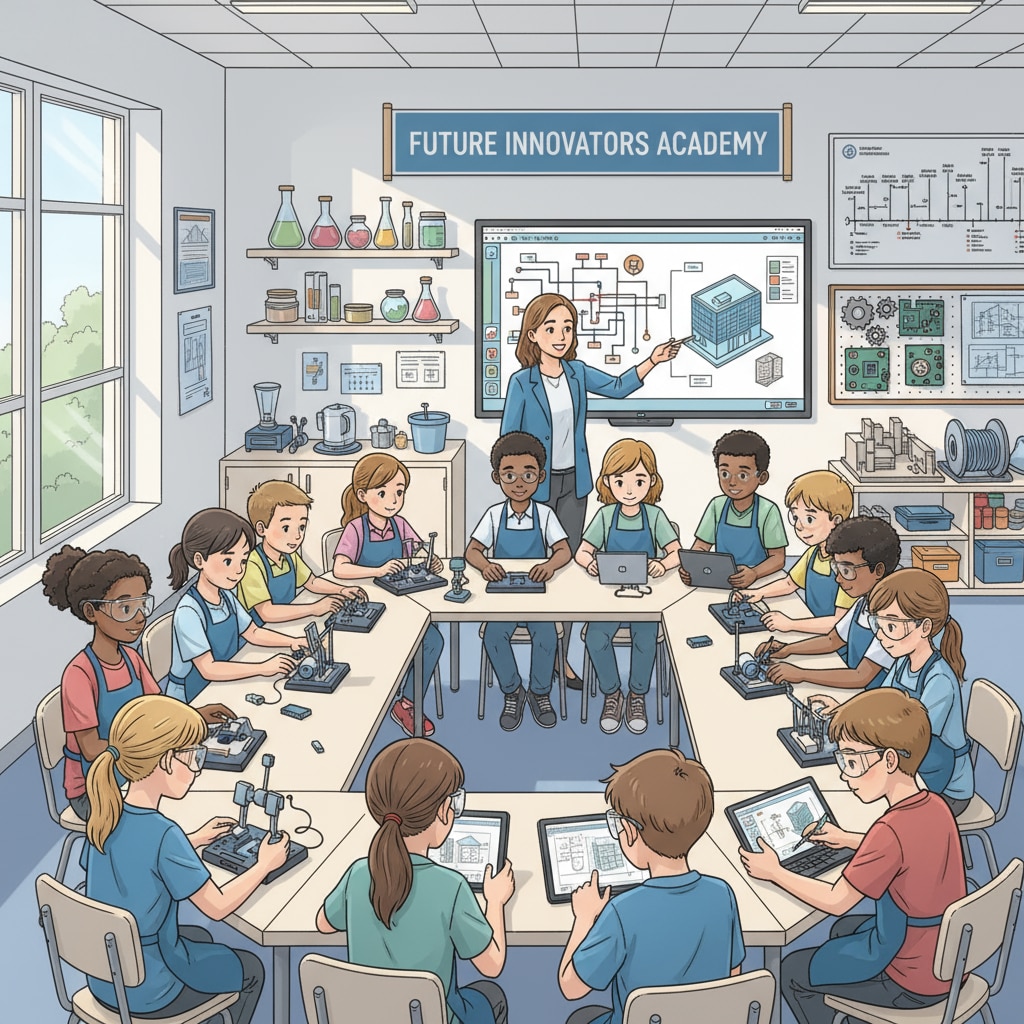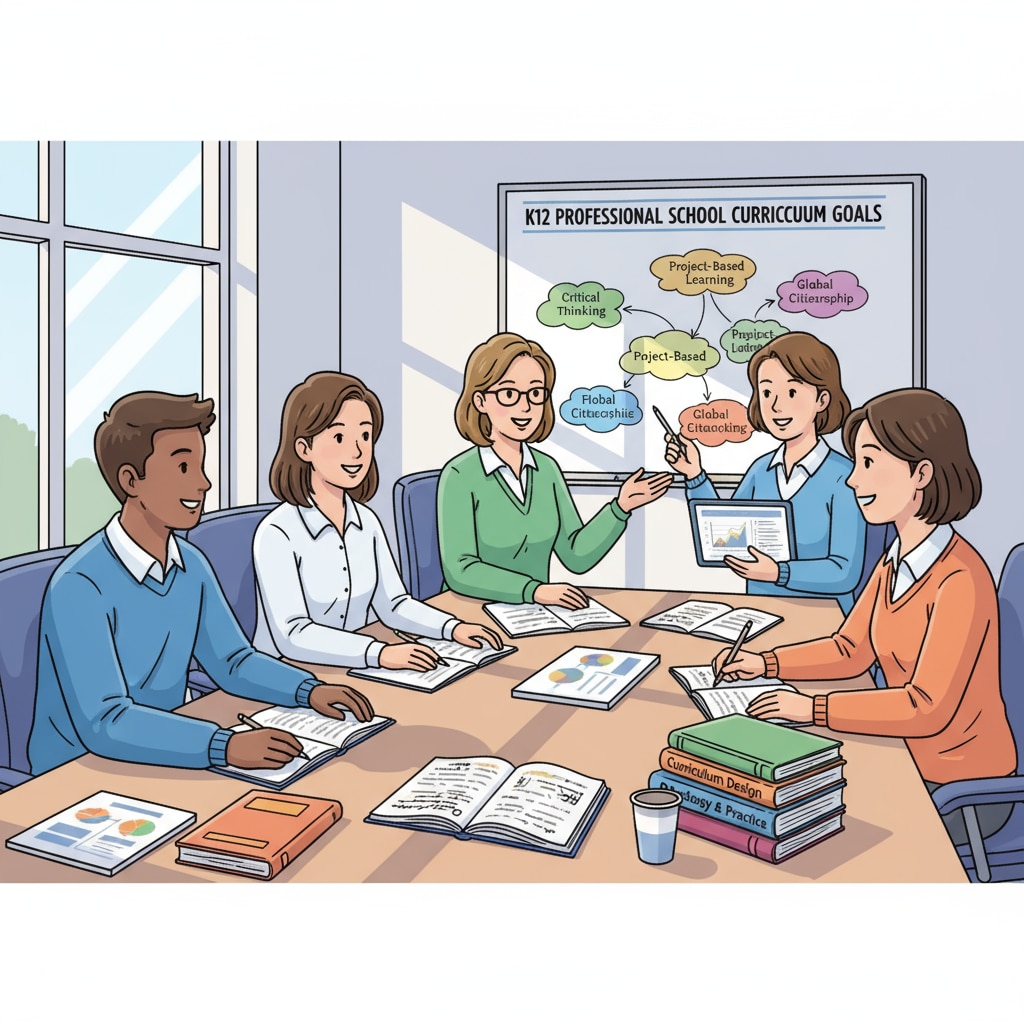In the realm of K12 professional school education, the concepts of teaching methodologies, professional schools, curriculum goals, and instructional design are of utmost importance. These elements interact in complex ways, influencing the quality of education students receive. As we strive to improve the educational experience in professional schools, it is essential to understand the challenges and opportunities associated with these aspects.

The Challenge of Applicability in Teaching Methodologies
In professional school environments, finding the right teaching methodologies can be a daunting task. Different professional fields have unique requirements, and educators need to adapt their teaching methods accordingly. For example, in a music professional school, teaching techniques will vary greatly from those in a science-oriented professional school. According to Effective Teaching Methods on TeachThought, educators must consider the specific skills and knowledge students need to acquire in their chosen professional paths. However, many times, teachers struggle to align traditional teaching methods with the specialized needs of professional education.
The Significance of Clear Curriculum Goals
Curriculum goals serve as the compass for both teaching and learning in professional schools. Clear and well-defined curriculum goals provide direction for educators in designing lessons and activities. They also help students understand what is expected of them. When students have a clear understanding of the curriculum goals, they are more motivated to learn. For instance, if the goal in a culinary professional school is for students to master advanced cooking techniques, teachers can structure their courses accordingly. As stated on What are Curriculum Goals on ASCD, well-set curriculum goals enhance the overall learning experience and improve student outcomes.

To address the lack of teaching method knowledge among professional experts, several strategies can be implemented. Professional development workshops focused on teaching methodologies can be organized. These workshops can provide hands-on training and exposure to the latest teaching techniques. Mentorship programs can also be established, where experienced educators can guide new teachers. Additionally, encouraging collaboration among teachers from different professional schools can lead to the sharing of best practices. This exchange of ideas can significantly improve the teaching quality in professional schools.
Readability guidance: The key points here are the challenges in teaching methodologies, the importance of curriculum goals, and strategies to enhance teaching knowledge. Each of these aspects plays a vital role in the educational process in K12 professional schools. By understanding and addressing these areas, educators can better design instruction that meets the needs of professional students.


